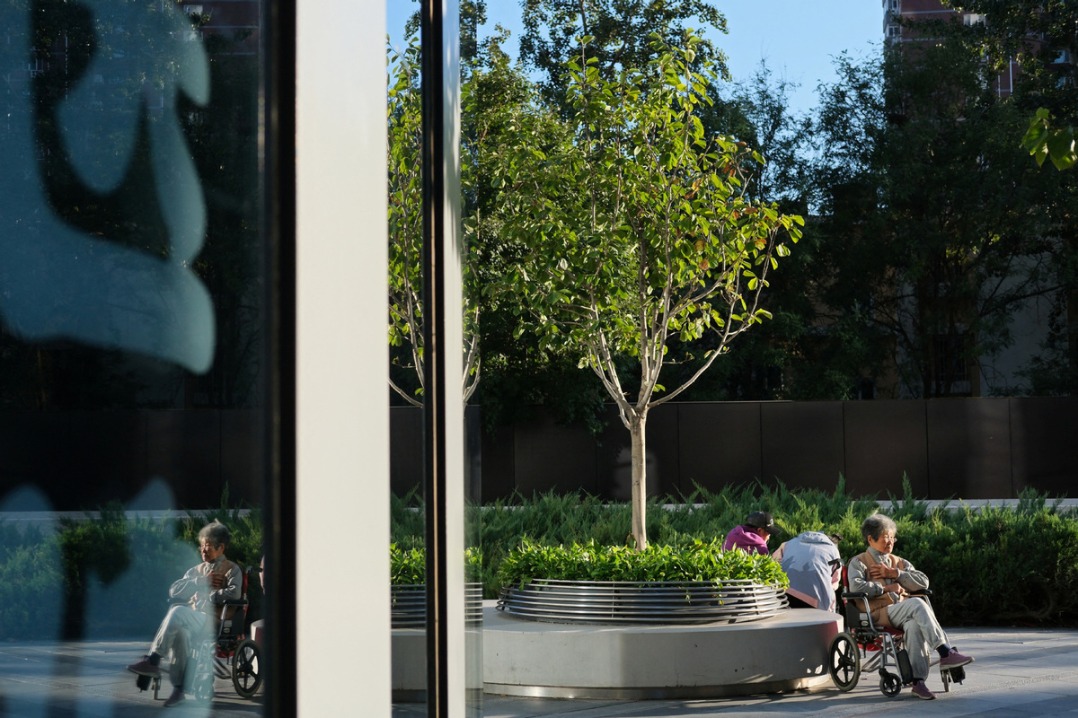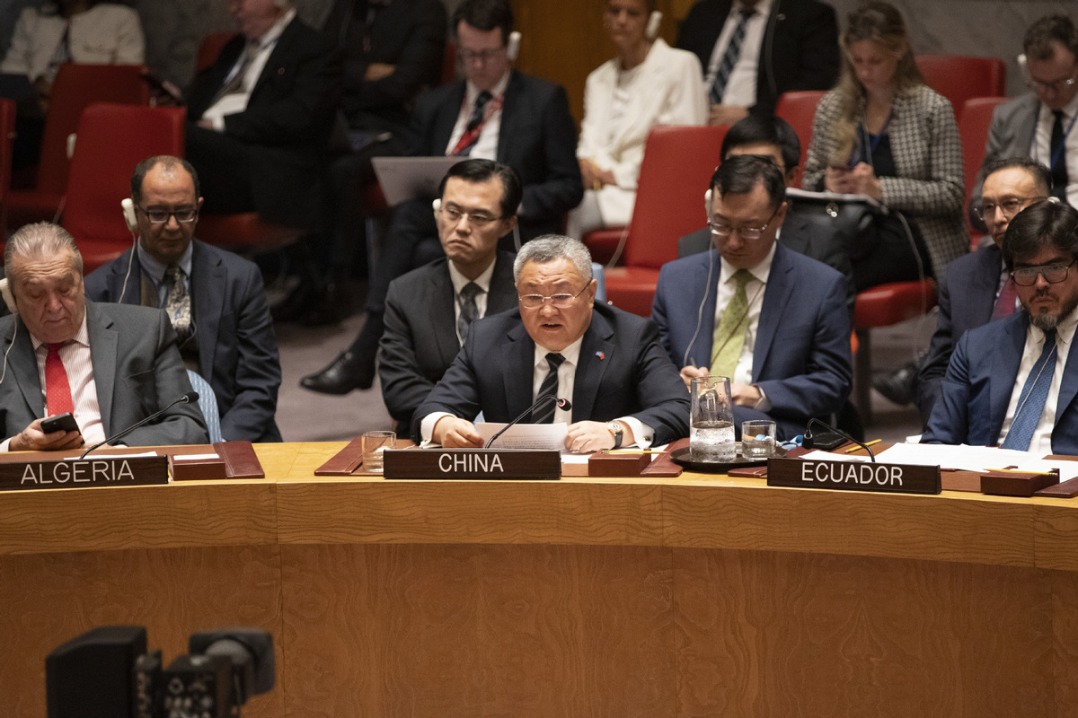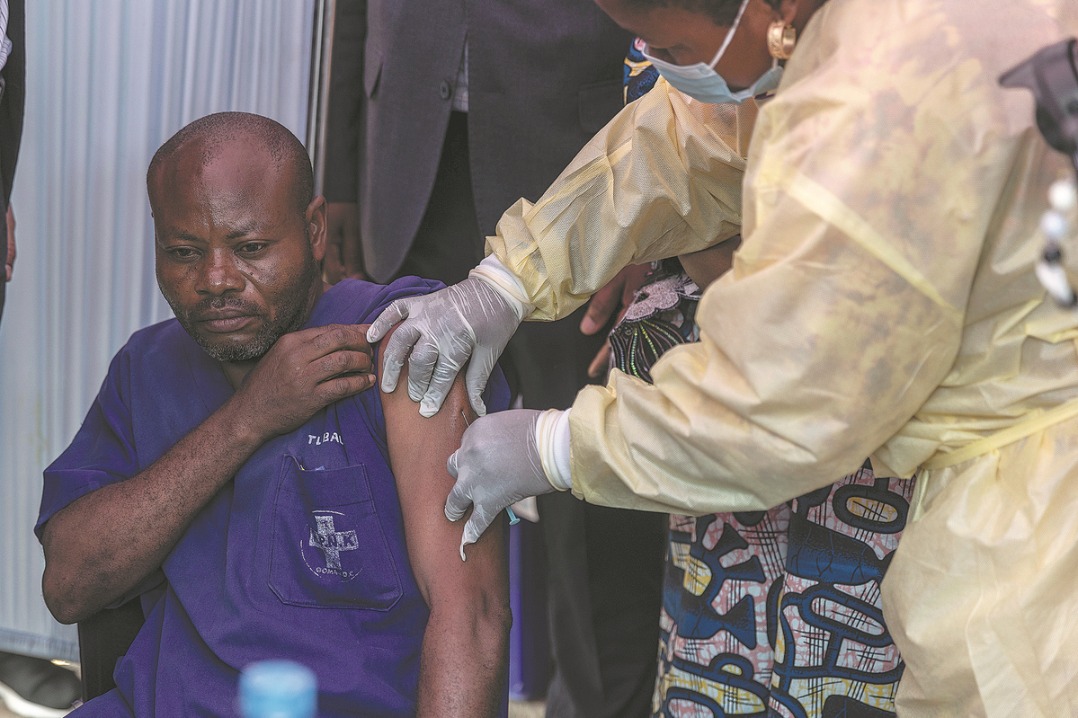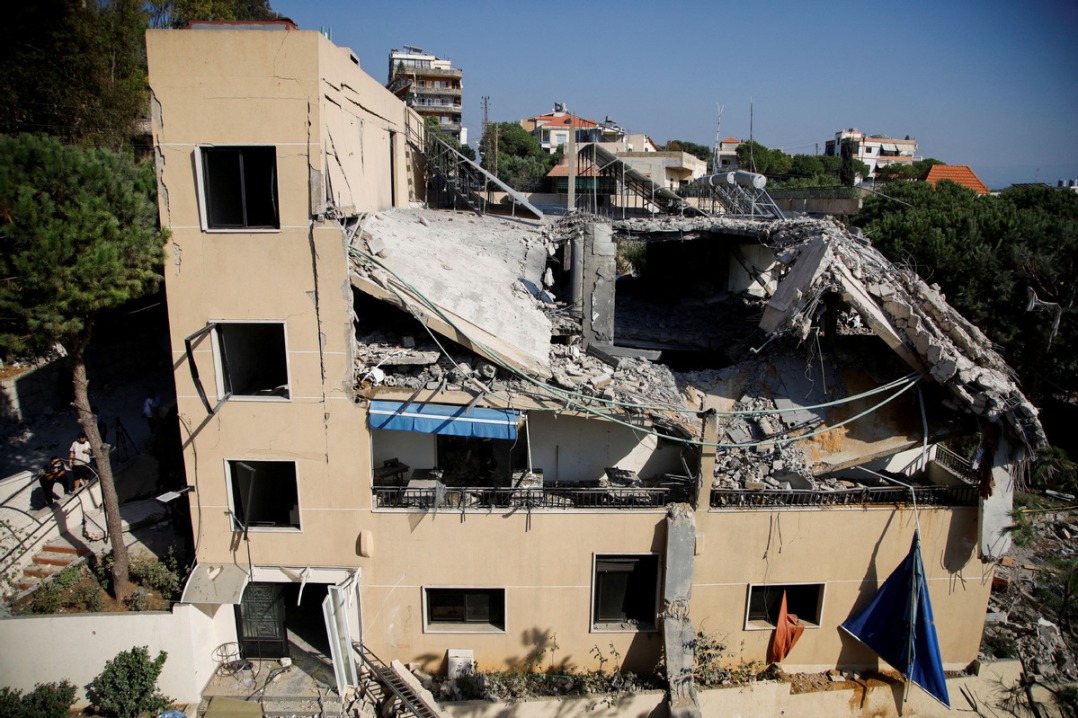Norwegian Refugee Council slams Israeli restrictions of humanitarian relief to Gaza


The Norwegian Refugee Council (NRC) has accused the parties responsible for the prolonged suffering in Gaza of having "systematically paralyzed" aid due to restrictions amid Israel's heightened military operations in May.
In a media update published on the aid organization's website on May 23, Suze van Meegen, the NRC's head of operations in Gaza, called out the situation in Rafah, where close to a million people have been displaced.
"People have no choice but to put their faith in so-called humanitarian safe zones designated by forces that have killed their family members and destroyed their homes," she said, adding that there was "nothing 'humanitarian' about these areas".
"If humanitarianism is about reducing suffering, promoting dignity, and adhering strictly to a set of principles that separate us from the political agenda of parties to the conflict, we cannot call much in Gaza truly 'humanitarian'," said van Meegen.
She also noted the situation on aid getting into Gaza.
"It is incorrect to say that humanitarian assistance in Gaza is 'suspended', more accurate to say that it is being systematically paralyzed by restrictions imposed by parties to the conflict and toyed with using inadequate workarounds designed by their allies," said van Meegen.
"The de facto blockade on humanitarian cargo means we have around 50 trucks stalled at the Egyptian border among more than 2,000 waiting to bring in medicine, tents, water tanks, sanitary pads, and the myriad other basics of which people are being actively deprived," said van Meegen.
The fuel set to arrive in Gaza this week is "about one-eighth of the absolute minimum humanitarian requirement", she said. This is barely enough to keep a few health services ticking along, completely inadequate to pump or desalinate water, run communications systems, and fuel trucks, she explained.
Israel has engaged in a widespread military campaign in Gaza since Oct 7, when the Palestinian militant group Hamas conducted a surprise attack on the country's southern border. The Oct 7 attacks killed 1200 Israeli citizens and 200 were taken hostage. To date, at least 35,800 Palestinians have been killed in Israel's continued retaliatory strikes.
For months, Egypt, Qatar, and the United States have been engaged in contentious negotiations to reach a cease-fire deal.
On May 22, Israel's war cabinet instructed the Israeli negotiation team to renew talks for the release of the Israeli hostages held in Gaza, Xinhua News reported, citing Israel's state-owned Kan TV.
Van Meegen said the city of Rafah, which sits on the Egyptian border in southern Gaza, was now comprised of "three entirely different worlds". She said the east was "an archetypal war zone", the middle is a "ghost town", and the west "is a congested mass of people living in deplorable conditions".
She also appealed to the international community to continue reading news about Gaza despite fatigue at the seeming intractability of the situation.
"People in Gaza need them to keep reading and listening. They need journalists to continue reporting on it. Civilians in Gaza have not given up hope of a cease-fire but achieving it depends very much on the concerted engagement of member states and the citizens pushing them towards it," said van Meegen.
According to the NRC's latest update from Gaza, those being told by Israel to evacuate have received no assurances of safety, proper accommodation, or return once hostilities end for those forced to relocate.
The aid organization noted that the absence of fundamental guarantees of safety and return, as required by international humanitarian law, "qualifies Israel's relocation directives as forcible transfer, amounting to a serious violation of international law".
The "limited" offensive does not change much in terms of the reality on the ground as the attacks have already displaced people within and outside evacuation zones as people anticipate expanding operations and fear there will be nowhere to go, the NRC said.
"There is panic and fear everywhere," the NRC added.?
According to the NRC, displacement and hyperinflation have increased since Israel announced its operations in Rafah. The aid organization's teams report massive levels of displacement, with people mainly heading to al-Mawasi, a 14-kilometre-long sandy area by the coast, without adequate shelter and with many sleeping in makeshift shelters directly on the sand.
The NRC reported that people returning to Khan Younis found staggering levels of damage to homes and infrastructure as well as risks from unexploded ordnances, while there are no tents left for people, as the Rafah crossing continues to be closed due to Israel's operations. ?
"There is extremely low liquidity, people have no access to cash to buy food or water or pay for transportation to flee," according to the NRC.
The World Bank published its latest report on May 23, warning that the fiscal situation of the Palestinian Authority has "dramatically worsened in the last three months", significantly raising the risk of a "fiscal collapse".
Titled "Impacts of the Conflict in the Middle East on the Palestinian Economy", the report noted that revenue streams have largely dried up due to the drastic reduction in clearance revenue transfers payable to the Palestinian Authority and a massive drop in economic activity.
The financing gap had reached $682 million by end of 2023 and is expected to reach up to $1.2 billion in the coming months, it added.
The rapidly widening gap between the amount of revenues coming in, and the amount needed to finance essential public expenditure, "is driving a fiscal crisis", the World Bank said.
Almost half a million jobs have been lost in the Palestinian economy since last October, including an estimated loss of 200,000 jobs in Gaza, 144,000 jobs in the West Bank, and those of 148,000 cross-border commuters from the West Bank to the Israeli labor market, according to the World Bank.
The overall poverty rate of Palestinians stood at 32.8 percent in mid-2023. Wide differences are found between the West Bank's 12 percent and Gaza, where the poverty rate stood at close to 64 percent.
Compared to the last poverty analysis conducted in 2017, poverty in the Palestinian territories had increased by 3.7 percentage points, the report noted.
"At present, nearly every Gazan lives in poverty," the World Bank said.
jan@chinadailyapac.com

































